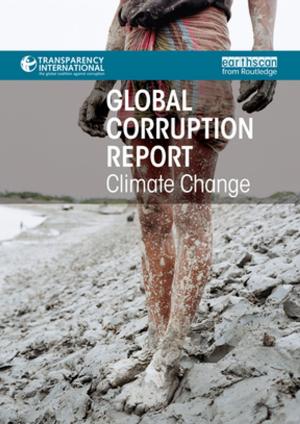Ecosynomics
The Science of Abundance
Business & Finance, Economics, Theory of Economics, Nonfiction, Social & Cultural Studies, Political Science, Social Science| Author: | James L Ritchie-Dunham | ISBN: | 9780990715313 |
| Publisher: | Vibrancy Ins, LLC | Publication: | April 16, 2014 |
| Imprint: | Vibrancy Ins, LLC | Language: | English |
| Author: | James L Ritchie-Dunham |
| ISBN: | 9780990715313 |
| Publisher: | Vibrancy Ins, LLC |
| Publication: | April 16, 2014 |
| Imprint: | Vibrancy Ins, LLC |
| Language: | English |
This book addresses fundamental questions of the quality of the human experience-the experience you have every day, as you relate to your own self, to others, to groups, to nature, and to spirit. It turns out that there are some very fundamental agreements that we tend to unconsciously accept that have a major influence on our daily experience; agreements that we would not accept if we could see them clearly. In over twenty years of this work, I have found that people tend to change their basic agreements, when they are able to consciously choose them. In Ecosynomics: The Science of Abundance I show you how to see the agreements and how to consciously choose the ones you want. I also show you what we at the Institute for Strategic Clarity have learned with colleagues around the world; that there a tens of thousands of groups of people who have already figured out how to choose energy-enhancing, outcome-improving agreements. I show you that they do this by starting from a very different place than most of us do: they start from an assumption that the world is full of potential, whereas most of us start from an assumption of scarcity. It turns out that this makes all the difference in the world, and in this book I show you why. The book follows the experience-reflection-framework-examples-process methodology. It all starts with what you know from your own experience. I show you how you can know, at any moment, the quality of the experience you are having and the outcomes it generates. I then provide a well tested, easy-to-remember way of reflecting on the quality of and outcomes from that experience. The Ecosynomics framework then describes the agreements that you make or accept that most influence that experience. In addition to the examples that are interwoven throughout each chapter, Part 4 of the book provides four in-depth, real-world case studies where processes for working with agreements are introduced.
This book addresses fundamental questions of the quality of the human experience-the experience you have every day, as you relate to your own self, to others, to groups, to nature, and to spirit. It turns out that there are some very fundamental agreements that we tend to unconsciously accept that have a major influence on our daily experience; agreements that we would not accept if we could see them clearly. In over twenty years of this work, I have found that people tend to change their basic agreements, when they are able to consciously choose them. In Ecosynomics: The Science of Abundance I show you how to see the agreements and how to consciously choose the ones you want. I also show you what we at the Institute for Strategic Clarity have learned with colleagues around the world; that there a tens of thousands of groups of people who have already figured out how to choose energy-enhancing, outcome-improving agreements. I show you that they do this by starting from a very different place than most of us do: they start from an assumption that the world is full of potential, whereas most of us start from an assumption of scarcity. It turns out that this makes all the difference in the world, and in this book I show you why. The book follows the experience-reflection-framework-examples-process methodology. It all starts with what you know from your own experience. I show you how you can know, at any moment, the quality of the experience you are having and the outcomes it generates. I then provide a well tested, easy-to-remember way of reflecting on the quality of and outcomes from that experience. The Ecosynomics framework then describes the agreements that you make or accept that most influence that experience. In addition to the examples that are interwoven throughout each chapter, Part 4 of the book provides four in-depth, real-world case studies where processes for working with agreements are introduced.















